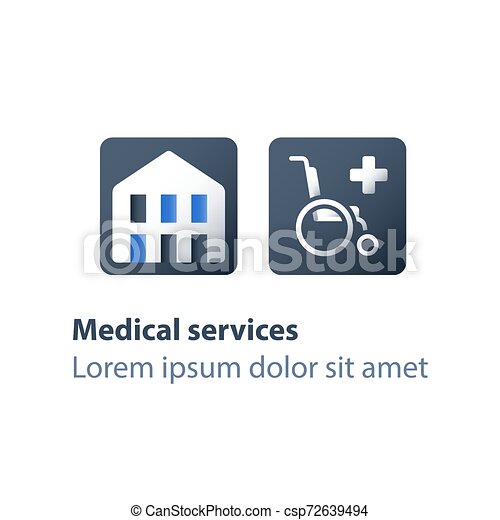The term NDIS Berwick for Disabled arises in order to describe the comprehensive health care that disabled persons require in order to live their lives independently. Before we can explore the details, it is important to understand the concept. The term Medical Care for Disabled, in simple terms, refers to all services that are provided by a health system for someone with a disability. This includes both inpatient and outpatient care. This health care system also includes other specialized services like psychotherapy, occupational therapy, speech pathology, and so on.
Medical Care for Disabled People
Comprehensive medical care (iezzoni), in general, includes, but is not limited to, hospitalizations, well-babycare, home health care, physiotherapy occupational therapy, psychotherapy, etc. Complementary & Alternative Medicine (CAM), is the use of any of these medicines that are not listed in the medical prescriptions. CAM includes all medicines, including those used to prevent or treat minor ailments. Acupressure, reflexology herbal treatment, yoga, meditation, and reflexology are some of the most commonly used complementary medicines.

Medical Care for Disabled People
The medical care services extended by the common public to persons who are suffering from disability include but are not limited to vision care, hearing care and psychological support. These services are available across almost all US states. The state-level services include facilities such as nursing homes, private agencies, or community health clinics. The state-level agencies provide a list with contact numbers and a list of approved providers. Participation in Medicare Part A is possible for those with activity limitations.
Medical Care for Disabled People
Basic medical care for disabled persons includes aid with housekeeping, bathing, grooming, and eating. A home care nursing nurse also has the responsibility of providing medical care to the mentally handicapped. The home care nurse is responsible for making arrangements for proper medical care for the facility’s inmates. There are provisions for authorized representatives to visit the patients in their homes on a periodic basis to assist them with their day-to-day activities. These representatives can also provide information about Medicaid benefits for such residents.
Medical Care for Disabled People
- Providing medical care for the mentally retarded also falls under the exclusive duty of the home care nurse. The home care nurse provides medical care that includes conducting home visits, monitoring vital signs, administering drugs, preparing the patient to be examined, physiotherapy and occupational therapy, prescribing medications if necessary, and aiding in other procedures like electrotherapy, hearing aids, or medication. The nurse may also conduct special medical procedures like anesthetizing the patient, injecting drugs for serious illnesses, or preparing and assembling equipment for surgery. The home care nurse is responsible for preparing meals for inmates as well as supervising their daily activities.
All persons with disabling conditions are protected by the Americans with Disabilities Act (ADA). This act does not cover the mentally retarded. The United States Department of Education, Department of Health and Human Services and other federal agencies have formulated various regulations and laws to provide educational opportunities for such people. The 1965 Higher Education Act is one example of such a regulation. This act provides compensatory strategies for persons with disabilities who are unable to receive higher education due to their disability.
A person with a disability must be either permanently or partially disabled to be eligible for the compensatory strategies. The applicant must file a claim form with the Federal Housing Administration and submit it to the agency. The form asks for detailed information about the disability. Once all necessary documents are received, applicants will be informed about their eligibility. Even if the applicant does not have the minimum education requirements, he could still be eligible for the assistance through Health Professions and Financial Services Offices, (HPEPS) under American Medical Association.
Another compensatory strategy is to provide long term care for those who are unable to walk or home health services. This ensures that such people have a better quality of life and are able to participate in development and social activities. In addition, such persons who require assistance with their walking can also avail of the facilities provided by the National Park Service.